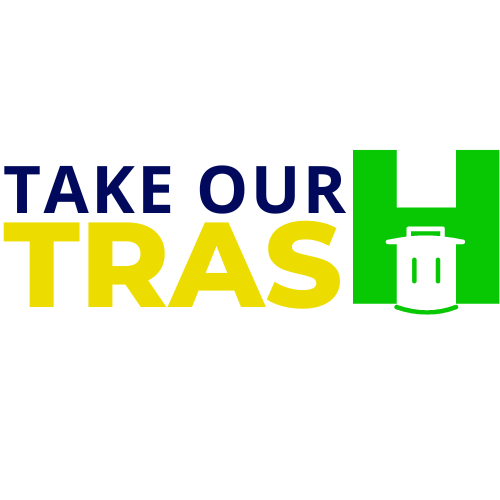Recycling is one of the most effective ways to reduce waste and conserve natural resources. However, despite its widespread use, there are still many misconceptions surrounding it. These myths can lead to improper recycling practices and contribute to inefficiency in waste management. In this blog, we’ll debunk some of the most common myths about recycling and provide the facts to help you make more informed choices for a greener future.
1. Myth: All Plastics Can Be Recycled
Fact: Not all plastics are recyclable. While many plastic containers, bottles, and jugs are recyclable, plastics with certain numbers (like 3, 6, and 7) are often non-recyclable. Additionally, plastics that are contaminated with food or other waste are less likely to be accepted in curbside programs. It’s important to check local guidelines for which plastics are accepted in your area and clean them thoroughly before recycling.
2. Myth: Recycling Always Saves Energy
Fact: While recycling materials like aluminum, glass, and paper generally save energy compared to producing them from raw materials, this isn’t always the case for every material. The process of recycling depends on factors like the transportation of materials, the type of recycling facility, and the energy used in the recycling process. Some items, like electronics, require extensive energy to recycle, making their environmental benefits less clear.
3. Myth: Recycling Is Too Complicated to Be Worth It
Fact: While it’s true that recycling programs vary by location and materials may need to be sorted differently, most cities offer simple guidelines for what can and cannot be recycled. Many programs now offer single-stream recycling, where everything can be placed together, reducing the complexity. The environmental benefits far outweigh the minimal effort it takes to properly sort and prepare recyclables.
4. Myth: Recycling Doesn't Really Make a Difference
Fact: Recycling does make a significant difference. It helps reduce the amount of waste that ends up in landfills, conserves natural resources, and cuts down on greenhouse gas emissions. The more people recycle, the less pressure there is on extracting new raw materials, and the less pollution is created in manufacturing processes. While individual efforts may seem small, collectively they have a major environmental impact.
5. Myth: You Can Recycle Paper Products Even If They're Wet or Greasy
Fact: Wet or greasy paper products, like pizza boxes or napkins, can’t be recycled in most curbside programs. When paper is contaminated with food or liquids, it becomes difficult to process and can contaminate entire batches of recyclables. If you can’t remove the grease or food residue, it’s better to dispose of these items in the trash.
6. Myth: Recycling One-Time Items, Like Plastic Straws and Utensils, Are Okay to Throw in the Bin
Fact: Single-use plastics, such as straws, utensils, and plastic bags, are often not recyclable. These items can get caught in recycling machines, causing delays and contamination. Opt for reusable alternatives made of metal, wood, or other sustainable materials to reduce waste and avoid sending non-recyclable items to the landfill.
7. Myth: Recycling Programs Are the Same Everywhere
Fact: Recycling programs vary widely by region. While some cities accept a wide range of materials, others may have more restrictive guidelines. It’s essential to familiarize yourself with your local recycling program’s rules. Check with your waste management provider or local government to see which materials are accepted and how they should be prepared for recycling.
8. Myth: All Paper Products Can Be Recycled, Including Tissues and Paper Towels
Fact: Though paper products like cardboard, newspaper, and office paper can be recycled, tissues, paper towels, and paper napkins are generally not recyclable. These items often contain oils, food, or cleaning products, which contaminate the recycling process. If they’re used for cleaning, they can’t be recycled and should be disposed of in the trash.
9. Myth: Recycling Paper Is Always Better than Recycling Plastic
Fact: The environmental impact of recycling paper vs. plastic depends on several factors, such as the energy used in the recycling process and how the material is processed. While paper is often biodegradable, plastic can be recycled into valuable products like clothing or construction materials. It’s important to recycle both responsibly based on local guidelines.
10. Myth: You Can Recycle All Electronic Devices
Fact: Not all electronics are recyclable through curbside recycling programs. Many electronic items, like old computers, televisions, and phones, require special disposal through electronic waste recycling programs. Many communities have designated e-waste recycling days or drop-off locations where you can dispose of old electronics safely.
Conclusion: Recycling Right Makes a Real Difference
Recycling is essential to maintaining a sustainable environment, but it’s only effective if done properly. By dispelling common myths and understanding the facts about recycling, you can improve your recycling habits and help reduce waste in your community. Always check with local waste management services to stay informed about what can be recycled and how to do it correctly. Together, we can make a positive impact on our planet!

